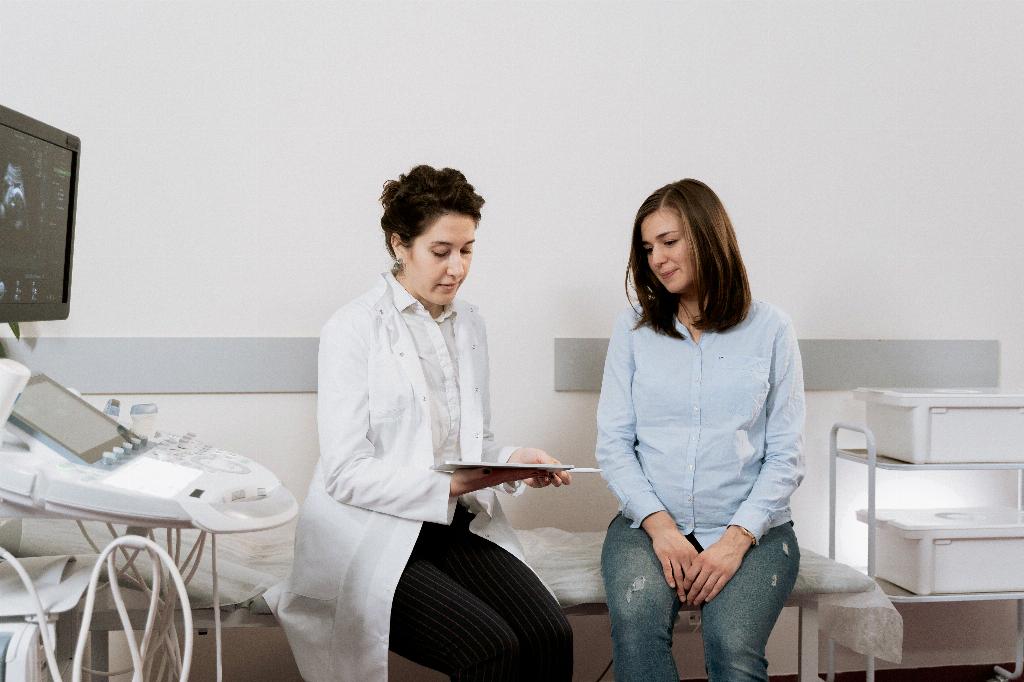Experiencing dizziness during pregnancy, especially around the 20-week mark, can be a worrisome and uncomfortable sensation for many expectant mothers. It’s essential to recognize that feeling lightheaded or dizzy during this stage of pregnancy is a relatively common occurrence, with several underlying factors contributing to this sensation.
Lower Blood Pressure: A Key Culprit
One of the primary reasons why dizziness may strike at 20 weeks pregnant is due to a natural decrease in blood pressure. As your body undergoes significant changes to support the developing fetus, hormonal fluctuations can lead to a slight drop in blood pressure levels, causing you to feel light-headed or dizzy at times.
Uterine Growth and Blood Flow Impediments
Another factor contributing to dizziness around the 20-week mark is the growth of your uterus. As your baby grows, the expanding uterus can exert pressure on the major blood vessels in your abdomen, including the vena cava. This compression can restrict blood flow back to your heart, leading to episodes of dizziness or faintness.
Hormonal Changes and Vasodilation
During pregnancy, your body experiences a surge in hormone levels, including progesterone, which helps support the pregnancy but can also have a vasodilatory effect on your blood vessels. This vasodilation can contribute to a drop in blood pressure and reduced blood flow to the brain, potentially triggering feelings of dizziness or lightheadedness.
Dehydration and Nutritional Factors
Dehydration can exacerbate feelings of dizziness during pregnancy, especially at 20 weeks when your body’s fluid needs are significantly higher. Additionally, inadequate intake of essential nutrients such as iron or vitamin D can impact your overall blood circulation and lead to episodes of lightheadedness.
Postural Changes and Orthostatic Hypotension
As your pregnancy progresses, changes in your posture and the added weight of the baby can affect blood circulation and contribute to orthostatic hypotension. This condition, characterized by a sudden drop in blood pressure upon standing, can cause dizziness when transitioning from sitting or lying down to a standing position.
Managing Dizziness and Seeking Support
If you find yourself experiencing frequent bouts of dizziness at 20 weeks pregnant, there are several strategies you can employ to help alleviate these symptoms. Ensuring adequate hydration, maintaining a balanced diet rich in essential nutrients, and avoiding sudden movements or prolonged standing can all help mitigate feelings of lightheadedness.
When to Consult Your Healthcare Provider
While occasional dizziness may be common during pregnancy, persistent or severe episodes should not be overlooked. If you experience frequent faintness, blurred vision, chest pain, or palpitations along with dizziness, it’s crucial to seek medical advice promptly to rule out any underlying issues that may be contributing to your symptoms.
Conclusion: Navigating the Challenges of Pregnancy-Related Dizziness
Feeling dizzy at 20 weeks pregnant is a multifaceted issue influenced by various physiological changes occurring in your body to support the growing fetus. By understanding the potential factors contributing to dizziness during pregnancy, adopting healthy lifestyle practices, and seeking timely medical guidance when needed, you can navigate this common symptom with greater ease and confidence as you progress through your pregnancy journey.

